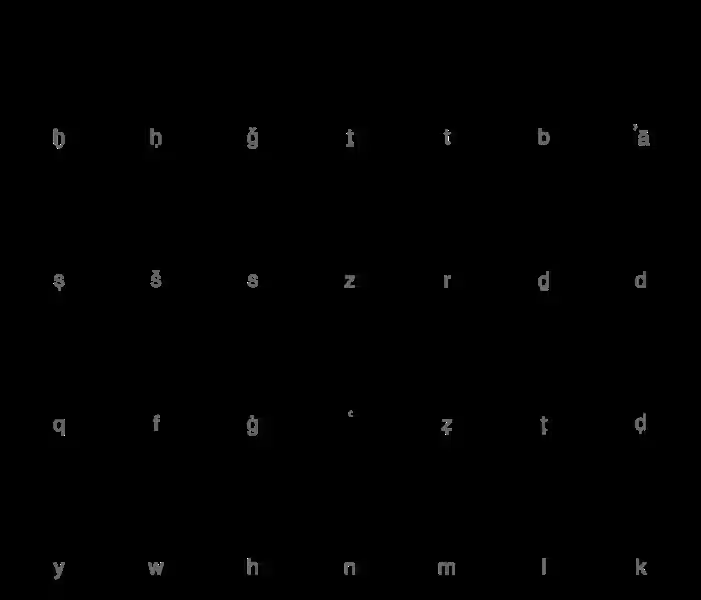
Is the name Roman suitable for a child within an Islamic context? This question highlights a common dilemma when parents seek names with deep cultural and religious significance. This article delves into the intricacies of naming traditions within Islam, exploring the potential challenges and considerations surrounding names from other cultures.
Understanding Islamic Naming Conventions
Choosing a name is a significant decision for parents, especially in cultures where names carry cultural and religious weight. Islamic naming conventions emphasize the importance of names that reflect positive attributes, invoke divine virtues, or have meaningful historical or religious connections. Parents often research names from Islamic sources, seeking names with deeply rooted meanings within the faith. Many Islamic names are derived from the Quran, the Prophet Muhammad’s life, or significant historical figures in Islam. This careful selection often reflects a desire to instill positive values in children and connect them to the rich traditions of their faith.
The process of determining an “authentic” Islamic name often involves consulting reputable Islamic sources and cultural authorities. These sources typically provide insights into the origins and meanings of names, tracing their roots back to religious texts, historical events, or cultural traditions. This ensures the name aligns with the values and beliefs of the Islamic faith.
The Absence of “Roman” in Islamic Name Databases
The name “Roman” is notably absent from most readily available Islamic name databases. This absence does not imply any inherent negativity associated with the name; rather, it underscores that the name doesn’t originate within the established framework of Islamic naming traditions. The name likely has origins outside of the Islamic world, potentially from ancient Roman culture or other historical contexts.
This lack of an Islamic meaning for “Roman” isn’t unusual. Many names from other cultures or historical periods may not have direct equivalents or meaningful interpretations within Islam. Parents considering Islamic names should prioritize names with clear Islamic origins, ensuring they resonate with the cultural values and traditions of the faith.
Exploring Alternative Naming Strategies
While “Roman” might not have a direct Islamic meaning, parents can still find suitable names that resonate with the spirit of Islamic traditions. Several approaches could be considered:
- Seeking alternative names with similar meanings: Parents could research names with similar meanings or connotations within Islamic traditions. For example, if “Roman” evokes a sense of strength or love, exploring names with similar underlying themes within Islamic nomenclature could be fruitful.
- Embracing the cultural significance of the name: If the name holds personal significance for the parents, they could consider incorporating elements from the name’s historical or cultural origins into a new Islamic name. This approach would honor the parents’ personal connection to the name while still adhering to the values of their chosen faith.
- Creating a personalized name: Parents may decide to intertwine elements from different cultures to create a unique name that encompasses aspects of both traditions. This approach might combine letters from the name “Roman” with a root or ending from a traditional Islamic name.
Crucial Considerations for Naming Children
Cultural Sensitivity: Respecting and understanding the traditions of other cultures is paramount. Choosing names that reflect cultural values and beliefs is essential, particularly when selecting names with deep religious significance. It is crucial to understand the inherent cultural and religious contexts before selecting a name.
Meaning and Connotation: Consider the potential meanings and connotations associated with different names, especially when selecting names within a religious context. Researching the historical and cultural significance behind a name is often helpful in understanding its nuances.
Authenticity and Origin: Prioritize names with clear and verifiable origins within the Islamic tradition. Ensuring the name aligns with Islamic values and principles is crucial, as names can carry weighty symbolic meanings.
Individuality and Personal Connection: Ultimately, the choice of a name is a personal one. While consulting cultural and religious resources is valuable, the most important aspect is the parents’ personal connection with and meaning behind the chosen name.
In conclusion, while the name “Roman” may not have a recognized Islamic meaning, parents can still find suitable names that resonate with their cultural values and respect the importance of religious traditions. Ultimately, the most important consideration is choosing a name that carries personal and meaningful significance for the parents and the child.
Further Research and Resources:
- Islamic encyclopedias: These resources often provide valuable information about Islamic names and their interpretations.
- Cultural anthropological studies: These studies can offer valuable context and understanding of naming traditions in various cultures.
- Community forums and online resources: Engage in communities of parents who share similar cultural or religious backgrounds to gain insights and advice.
By embracing these considerations, parents can make informed decisions that align with their cultural and religious values, ensuring that their children’s names reflect their unique identities and the richness of their cultural heritage.
Frequently Asked Questions about the Name Roman in Islam
Is “Roman” an Islamic name?
No, there is no commonly recognized or readily available Islamic meaning for the name “Roman”. While the name might have significance in other cultures or religions, it does not appear to have an established connection to Islamic tradition. Authentic Islamic names typically derive from the Quran, Hadith, or other Islamic sources and carry specific meanings relevant to Islamic values and beliefs.
Where can I find information about Islamic baby names?
This FAQ is not exhaustive, but it serves as a starting point. Articles focused on Islamic baby names, such as the one alluded to in the initial excerpt, often provide extensive lists of names and their meanings, rooted in Islamic tradition. These resources can be invaluable for parents seeking names with deep cultural and religious significance.
How are Islamic baby names determined?
Authentic Islamic baby names are often derived from the Quran, Hadith, or other Islamic texts, drawing on their rich historical and cultural context. The names may reflect Islamic values such as peace, compassion, strength, or faith. The specific meaning and connotations of a name often depend on its origins within Islamic tradition.
What is the importance of choosing a name with Islamic significance?
Choosing a name, especially one with deep religious or cultural meaning, can be a significant decision for parents. A name with Islamic significance can offer a child a connection to their heritage and values, potentially fostering a deeper understanding and appreciation of their culture. It can also serve as a daily reminder of important religious or spiritual concepts.
What if my desired name isn’t in a list of Islamic names?
If a name isn’t readily found in Islamic naming traditions, it is likely not considered an Islamic name. Exploring the name’s origins and cultural context in other traditions can help you understand its potential meanings and connotations outside of an Islamic framework.
Can you provide a list of Islamic boy names?
This FAQ is not intended to be a comprehensive list of Islamic names. Refer to dedicated resources on Islamic baby names for a deeper exploration of Islamic naming traditions.








